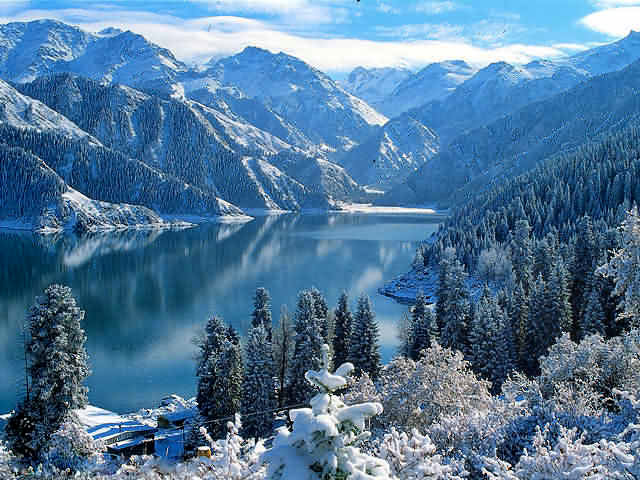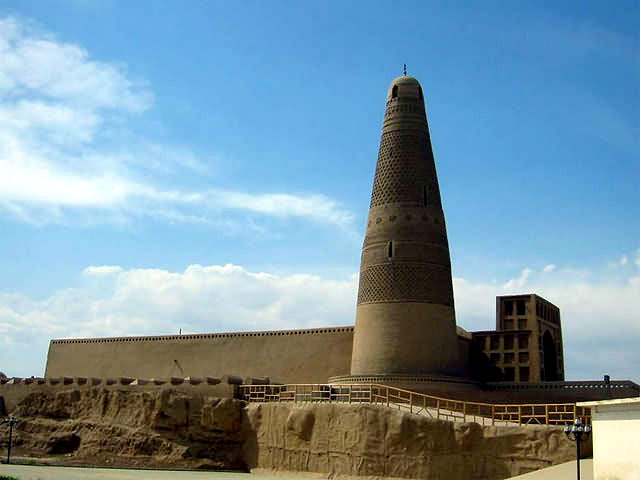Silk Road Tours
Bezeklik Thousand Buddha CavesBezeklik Thousand Buddha Caves
The Bezeklik Thousand Buddha Caves are a collection of retreats once inhabited by Buddhist monks dating from the 5th to the 9th centuries between the cities of Turpan and Shanshan (Loulan) to the north-east of the Taklamakan Desert of Xinjiang Province. These caves are found high on the cliffs of the west Mutou Valley under the Flaming Mountains.
| Bezeklik Thousand Buddha Caves is built on the hill. | Bezeklik Thousand Buddha hides inside of hill. |
Unfortunately, the site has suffered waves of plunder, destruction, and exploitation, from petty vandals and thieves to Muslims systematically seeking to eliminate traces of Buddhism after Islam swept across Central Asia, overzealous Red Guards, and avaricious European explorer-archaeologists. The most notorious of the latter, Albert von Le Coq, removed a number of frescos from the walls of Bezeklik and sent them off to Berlin, where those that weren't destroyed by World War II bombs can still be seen in museums.
There are still 57 caves preserved, all numbered, which contain fragments of frescos from the 6th to 14th centuries, each portraying various Buddhist themes. In Cave No. 39 a group of mourners can be seen accompanied by thirteen disciples of Buddha. The north wall of Cave No. 37 shows a painting of a bodhisattva, dressed in red with blue eyes and a long, straight nose. The explanatory inscriptions are almost all in both Chinese and Uigur. This suggests that at this time the cultures of China and Asia Minor complemented and influenced one another.
Select Other Favorite Attractions
|
|||||||||||||||||||||||||||||||||
Guide for China tour,offers most value & amazing experience. In China,you can reply on us
Copyright © 2001 - 2025. All Rights Reserved to ChinaTourGuide.Com
Hotel Guangzhou | Guizhou Tours | Hong Kong Hotels | 棣欐腐閰掑簵 | 骞垮窞閰掑簵 | 骞垮窞浼氳閰掑簵 | 浼氳閰掑簵
Guide for China tours, offers most value & amazing experience. Chinatourguide.com. Your reliable China tour agency.



